-
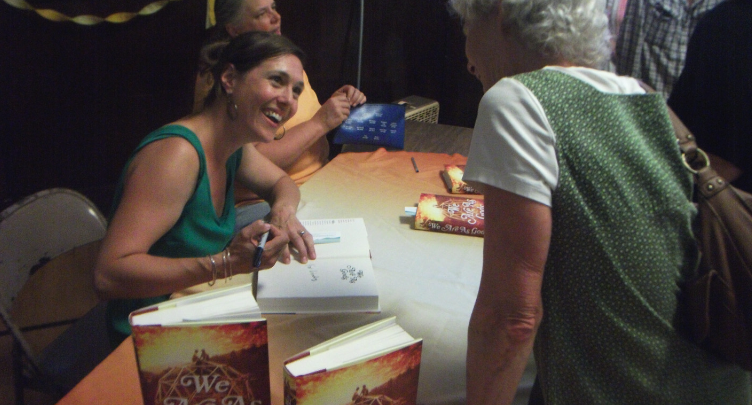
Kate Daloz on the Process of Researching and Writing
•
This is the second part of a two-part interview with Kate Daloz, a writing teacher at Columbia University and the author of We Are As Gods. You can find Part 1 here. Tell me about your writing process? When do you write—and what’s your process? The key part is just carving out time and…
-

Kate Daloz on Exploring a Bygone Era and Research as Me-Search
•
This is the first part of a two-part interview with Kate Daloz, a writing teacher at Columbia University and the author of We Are As Gods. You can find Part 2 here. Kate Daloz is the prototypical child of hippies—even if her parents abjure the term. She grew up in Vermont’s Northeast Kingdom when her…
-
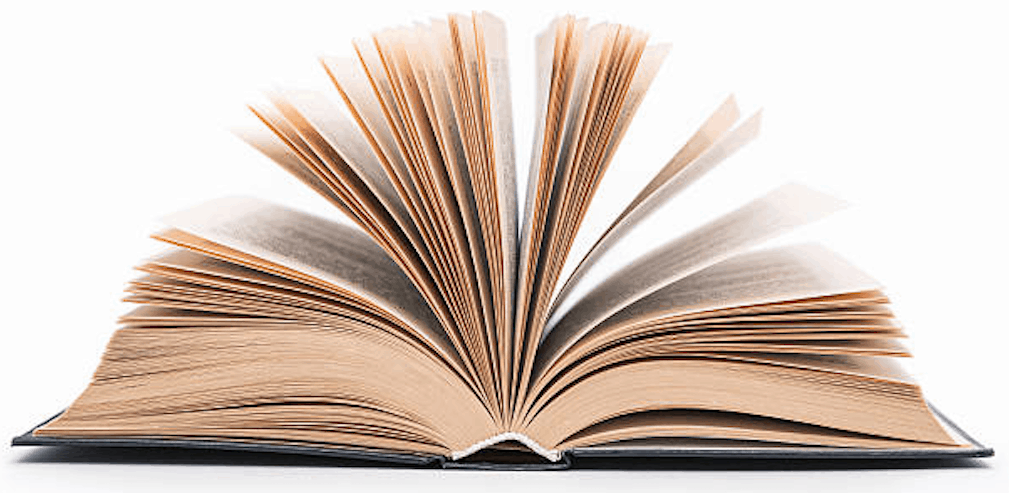
Why the Hidden Architecture Matters
•
People immerse themselves in stories for all kinds of reasons. They want escape or adventure. They care about the characters. They love the world of the story. They love the familiarity of a genre. Many appreciate the “moral of the story,” whether it’s subtly developed or explicitly stated. Readers sometimes get annoyed when they…
-

Finding Focus and Organizing Ideas with Architect Christopher Alexander
•
How can creative people–architects and planners, artists and writers, musicians and performance artists–foster a sense of “wholeness” in their work? Christopher Alexander, one of the last century’s most important architects, who died last month at the age of 85, offers a mind experiment to explore this question. Take a blank piece of paper, he…
-

Slot Man: The Battle Over Truth and Ethics Between Seth Abramson and Lyz Lenz
•
Long ago, when I was starting out in the world of journalism, I discovered the anonymous but irreplaceable character of the “slot man.” On the various section desks of the daily newspaper, editors were seated in a horseshoe arrangement of desks. When reporters weren’t out on a story, they worked there too. The slot…
-
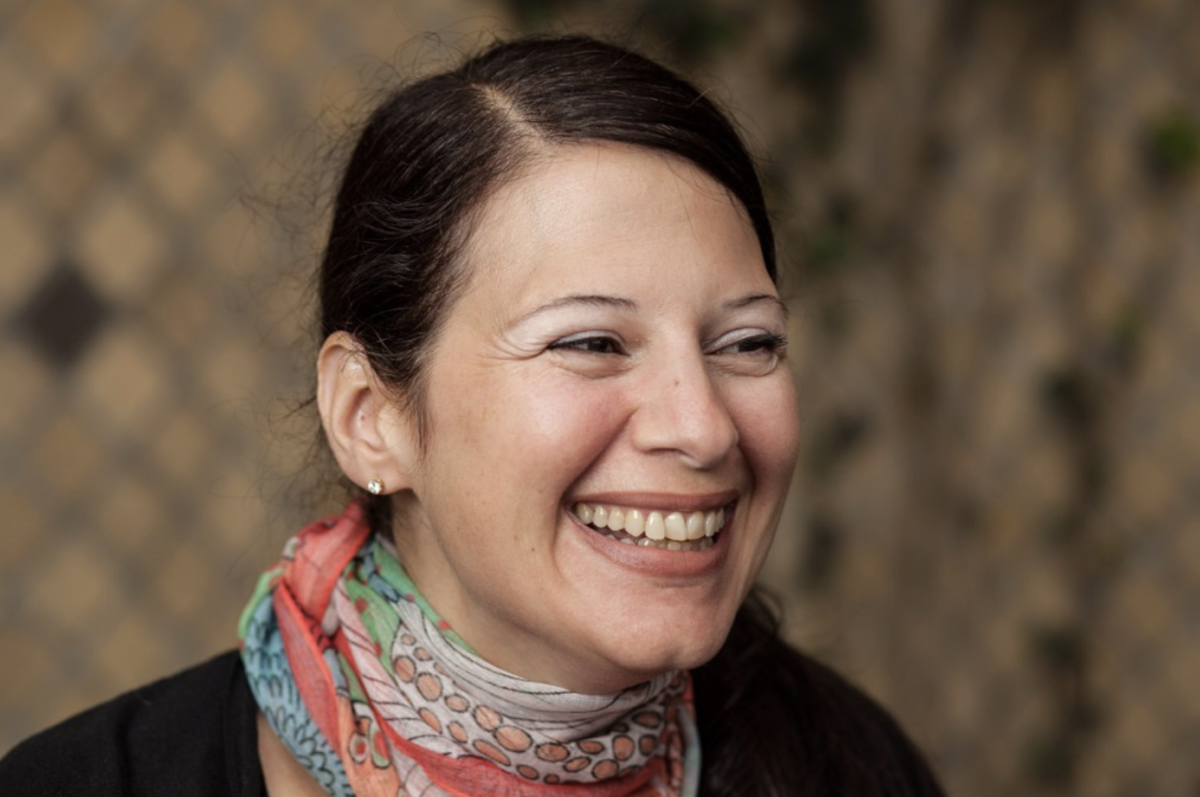
How Donald Trump’s Rhetoric Jazzes His Base … And Splits the Nation
•
Growing up in Detroit and northern California, Jennifer Mercieca used to watch the TV news with her father. Her dad, an autoworker, was an immigrant from Malta, about 60 miles from Sicily, which, she notes, is “the birthplace of rhetoric.” Over time, as she explored journalism and public affairs, she developed an interest in…
-
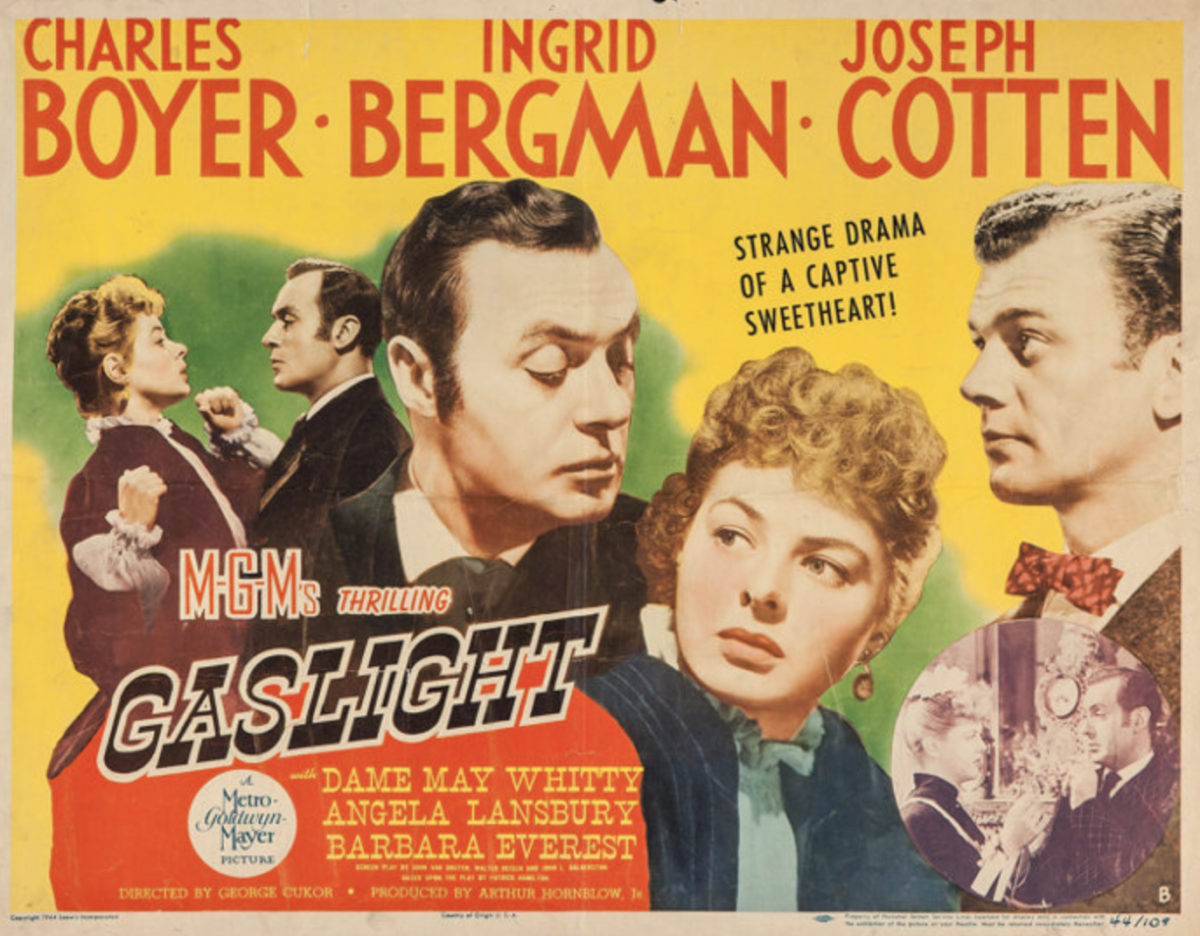
Beware the Gaslighters: Some Simple Questions to Ask To Avoid Getting Manipulated
•
Living in the Age of the Coronavirus, we lose touch with reality. We live in the “eternal present.” Isolated from normal activities and places—and restricted in our actions—we lose our outside reference points. We rely, more than ever, on the information and opinions of mainstream media, government officials, and (God forbid) social media. That…
-

The Broken House of Race in America
•
America is now in the midst of one of its periodic awakenings about race. Every generation or so, something happens to force race into the consciousness of mainstream America. Sometimes these awakenings lead to reform; sometimes they don’t. The current awakening arose from the George Floyd killing in Minneapolis and the growing realization (long…
-

Writing in the Time of Coronavirus
•
Never in our lifetimes have we faced a challenge like the coronavirus. Coming at a time of intense division and mistrust, we must volunteer to give up our way of life in order to save our way of life. We must sacrifice not just for the people we love but for the ones we…
-
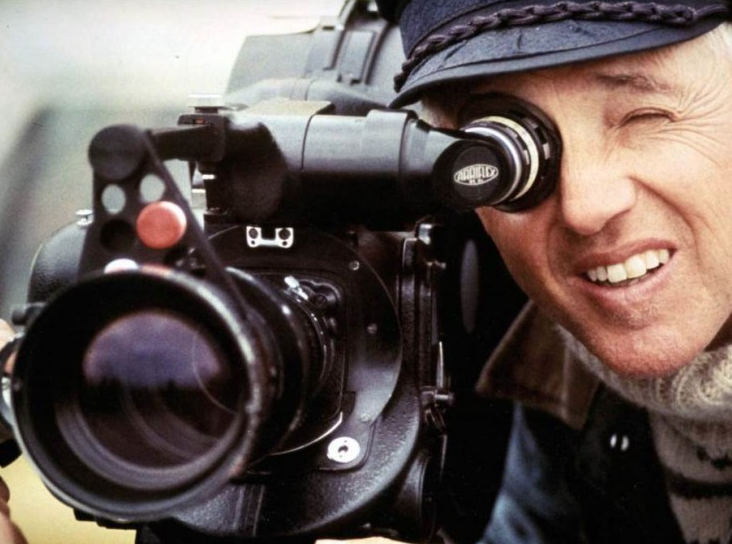
Haskell Wexler’s Lesson for Writers: Gather Lots and Lots of Materials … And Only Then, Organize and Write Your Piece
•
Maybe the greatest challenge of writing is what comes before writing: gathering materials. Often, we are so eager to put words to paper that we start drafting before we have the necessary materials — stories, portraits, facts, definitions, background information, and so on. We begin with a topic and then start to write what…
-
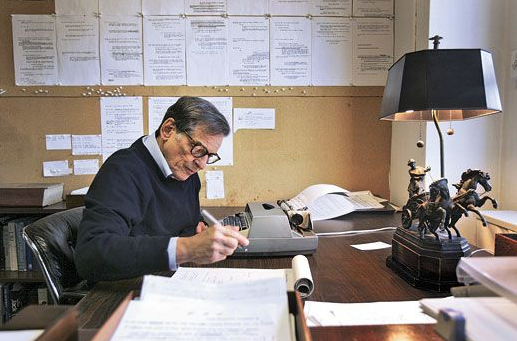
How He Does It: Robert Caro Explains His Research and Writing Process
•
So far, Robert A. Caro has published 4,816 pages of detailed, riveting history in five books–the first about New York’s master planner Robert Moses (The Power Broker), the next four about the life and times of President Lyndon Johnson (The Path to Power, The Means of Ascent, Master of the Senate, and The Passage…
-
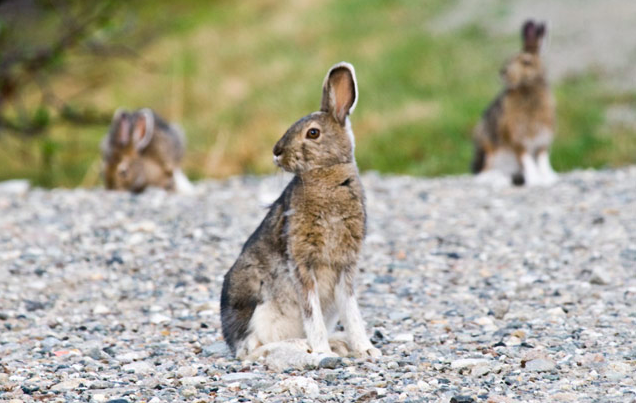
The One Idea: Success and Failure
•
In another post, I describe the importance of finding The One Idea for everything you write. I have both succeeded and failed in this quest. Success: Nobody Turn Me Around About a decade ago I was in the midst of writing a book about the 1963 March on Washington. At the same time, I…
-

Always Write About Just One Idea. Here’s How.
•
If you chase two rabbits, you will not catch either one. –Russian proverb In projects small and large–everything from an email to a book–we often struggle to develop and state a clear point. Too often, we spit out a mess of ideas rather than deliver a clear message. The result is confusion–for both the writer…
-
Avery Chenoweth on Telling Stories for Business
•
This is the second part of a two-part interview with Avery Chenoweth, a writer and Spanish language translator based in Charlottesville, Virginia. You can see Part 1 here. In recent years you have used your storytelling chops to develop a business. HeresMyStory.com engages students and others who use historic sites, but getting them to…
-
Howard Bryant on Tricks of the Trade
•
This is the second part of a two-part interview with Howard Bryant, the journalist and author of books about racism and the Boston Red Sox, the steroids crisis, and activism in sports and biographies of Henry Aaron and Rickey Henderson. You can read the first part here. CE: What essential skills did you learn…
-
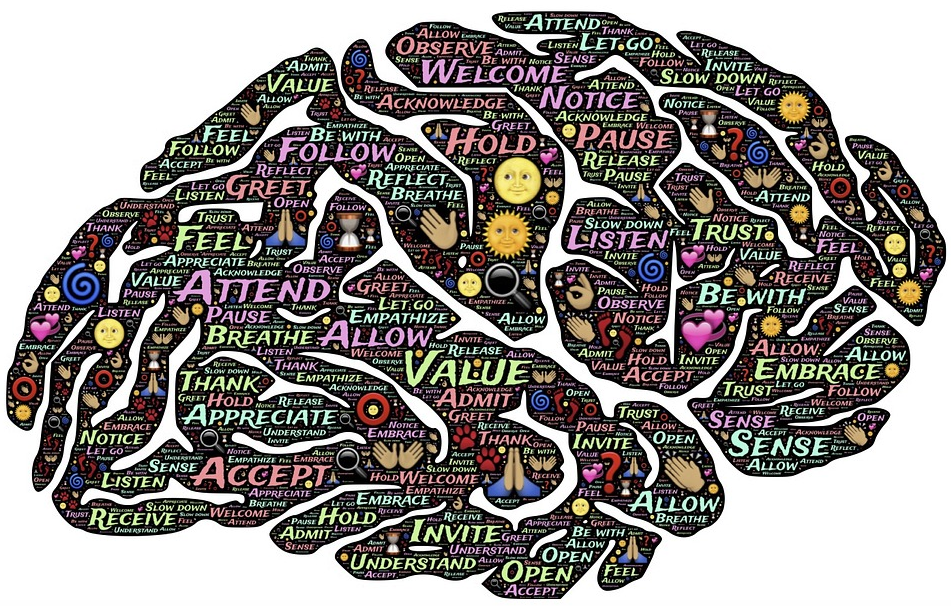
How to Be Creative, One Step at a Time
•
How does creativity happen? Is it, as some would say, a mystical process somehow connected to muses and gods? Or is it a process of grinding, getting up every day and working on the pieces so you can eventually put those pieces into a meaningful whole? This is, of course, a false dichotomy. It’s…
-
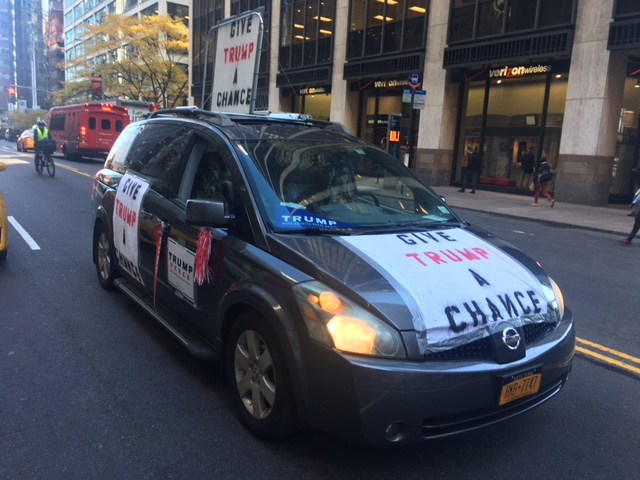
Why We Must Cultivate a ‘Beginner’s Mind’ … And How To Do It
•
How can we see–really see, and not just project–what’s in front of us? That’s the writer’s ultimate job. The best writer is an observer. The best writer sees what others do not see. This writer pays attention, carefully and with an open mind, to what’s going on. Rather than falling into lazy habits and…
-

Follow This Day-by-Day Guide To Write Your Book (Not Just During NaNoWriMo)
•
The first piece of advice that all writers get is to “write what you know.” By the time we have decided to write for an audience—to share thoughts, voluntarily, with anyone who will listen—we have developed a whole storehouse of experiences and memories, thoughts and feelings, hopes and fears, and insights and ideas. The…
-
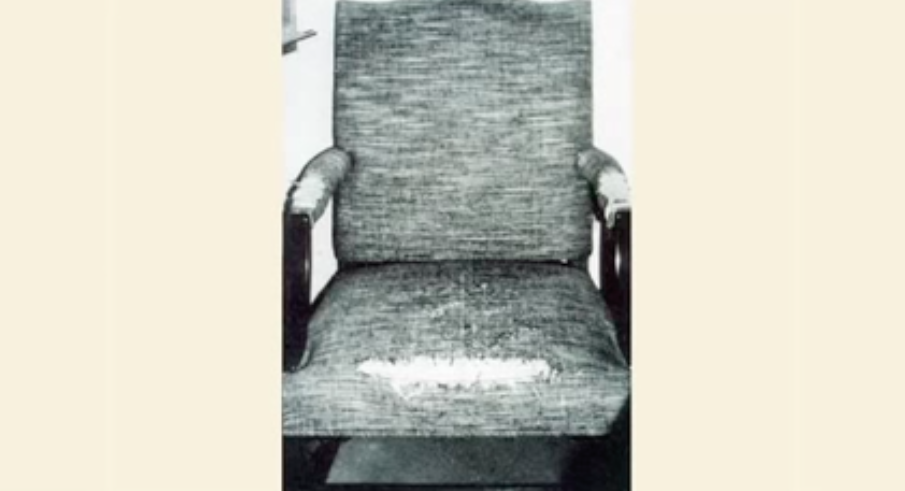
The Clue Where You Sit
•
Everyone knows about the Type A personality — the driven, impatient, narrowly focused, executive with a bad temper and high blood pressure. How this personality type was discovered in the 1950s offers a good lesson for writers about paying attention to details. More about that in a few moments. In Elements of Writing seminars,…
-
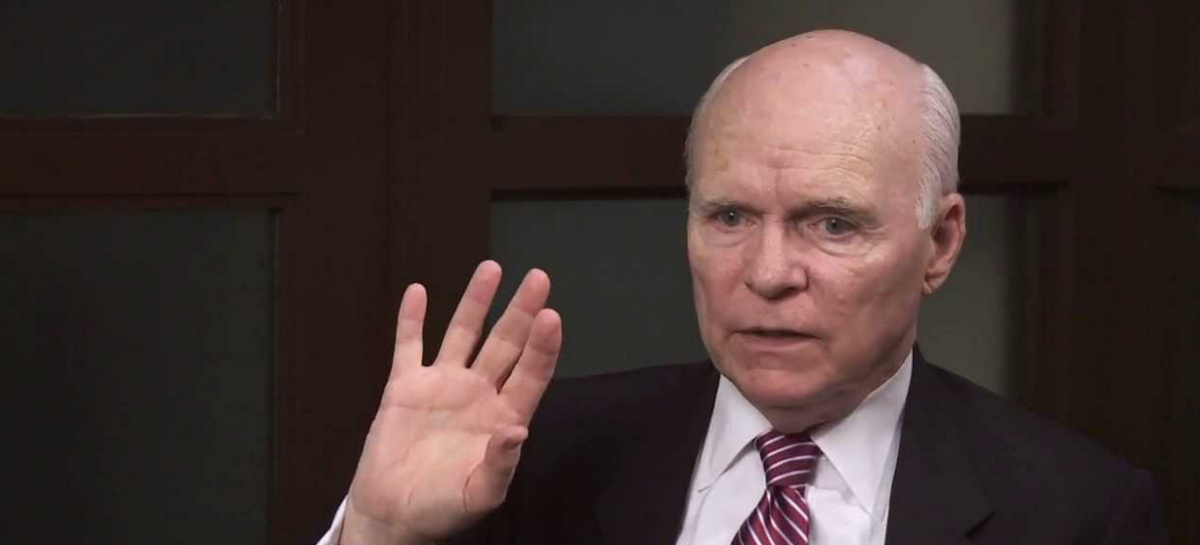
Shut Up and Listen: Brian Lamb’s Approach to Interviewing
•
How frustrated do you get when interviewers talk so much that the interviewee has a hard time answering? How often do you turn off the TV or radio because the interviewer thinks his insights matter more than his guest’s? One interviewer who has never put himself above his subjects is Brian Lamb, the founder of…
